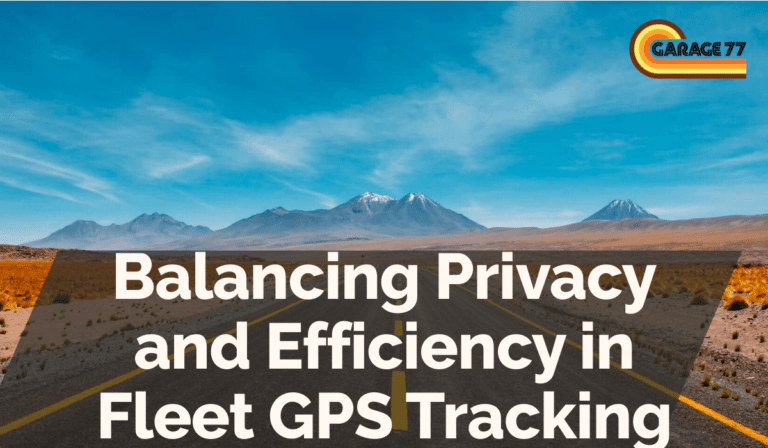Driving a vehicle, be it for personal or business purposes, requires constant maintenance. Keeping track of vehicle maintenance can be a cumbersome task, but it is essential to keep vehicles running smoothly. One way to optimize vehicle maintenance is by using GPS technology to track and monitor various aspects of a vehicle’s performance.
What is GPS?
GPS stands for Global Positioning System. It’s a technology that uses satellites orbiting the earth to determine the precise location of an object. GPS technology is commonly used in navigation systems that provide directions for drivers to reach their destinations. However, GPS technology can also be used to gather data about a vehicle’s performance, including fuel consumption, speed, and maintenance needs.
Monitoring Fuel Consumption
GPS technology can be used to monitor a vehicle’s fuel consumption. This information can help fleet managers analyze fuel efficiency and optimize routes to reduce fuel consumption. By monitoring fuel consumption, fleet managers can identify potential fuel efficiency issues and take corrective actions, such as adjusting driving routes or adjusting the fleet’s maintenance schedule.
Tracking Speed
GPS technology can track the speed of a vehicle. Fleet managers can use this data to identify drivers who may be driving recklessly or exceeding the speed limit. Fleet managers can also use this data to analyze vehicle performance and identify opportunities to improve fuel efficiency.
Monitoring Maintenance Needs
GPS technology can be used to monitor a vehicle’s maintenance needs. GPS can track time and mileage since the last vehicle service, alert drivers when a service is overdue, and provide detailed information about the vehicle’s maintenance history. By monitoring these factors, fleet managers can adjust maintenance schedules, reduce downtime, and prevent costly repairs.
Reducing Downtime
Maintaining a vehicle is essential to keeping it running smoothly. With GPS technology, fleet managers can detect when a vehicle requires maintenance before it breaks down. This ensures that vehicles are serviced promptly, reducing downtime and keeping vehicles on the road longer. By reducing downtime, businesses can reduce costs associated with vehicle repair and maintenance and increase productivity.
Conclusion
GPS technology is a valuable tool for optimizing vehicle maintenance. By monitoring fuel consumption, tracking speed, and monitoring maintenance needs, GPS technology can help fleet managers identify problems, prevent downtime, and reduce costs. Businesses that use GPS technology to maintain their vehicles can increase efficiency, reduce repair costs, and improve customer satisfaction.







